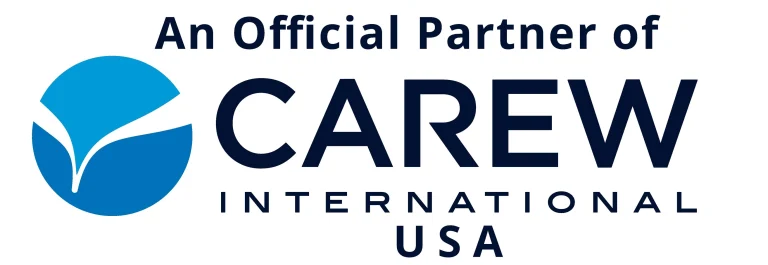Thousands of hours spent with sales professionals and sales leaders reveals a central challenge to sales effectiveness: our failure to distinguish between “urgent” and “important”. This relates to customer issues, as well as our own internal organization issues, with the inclination to devote too much time and energy to urgent.
We all agree that urgent matters are unavoidable; as we know “stuff” happens. These problems are usually tactical, logistical or some prisoner-of-the-moment issue. Important issues are strategic in nature. For example, extinguishing a fire is urgent; preventing fires is important. One can also see that time spent on the important issues will prevent urgent issues down the road. And so it goes in the sales profession. A personnel change at your client can create a crisis. Networking within the client organization to create broader, deeper and more engaged relationships with decision makers and influencers is important, and may prevent vulnerability when your contact leaves the client organization.
What keeps us mired down in urgent matters? We often lack, or don’t use, strategic sales practices that can prevent many emergencies. Secondly, we lack confidence (driven by a lack of selling skills), that enables sales professionals to function in a more strategic capacity. Third may be pure habit or the adrenaline rush provided by urgent problem solving.
While putting out fires can be very stressful, success in doing so provides instant gratification. This feeling of accomplishment comforts the sales professional whose skills to function as a strategic partner are not well developed. Urgent issues are often easy – addressed immediately, in a single day, with a phone call, and they have the sales professional saving the day both internally and externally.
Important solutions require extensive thought, energy, networking, research and insight. Important endeavors require precise communication and interpersonal skills, as well as stellar diagnostic and exploratory skills, and the ability to make effective presentations. Having a significant network with trusting relationships is not only necessary, it’s essential. If we don’t fully understand the operational dynamics of our client’s organization, we won’t be able to proactively identify potential problems within that organization. If we don’t understand our client’s industry and competition, we can’t offer solutions that create competitive advantage.
Ask yourself this simple question: Am I a strategic resource to my customers and my company because I put out big fires? Or do I deliver value to my customers by creating competitive advantage for them and never viewing my product/service or theirs as a commodity? Take off your fire helmet and start understanding what’s IMPORTANT TO YOUR CLIENTS.




